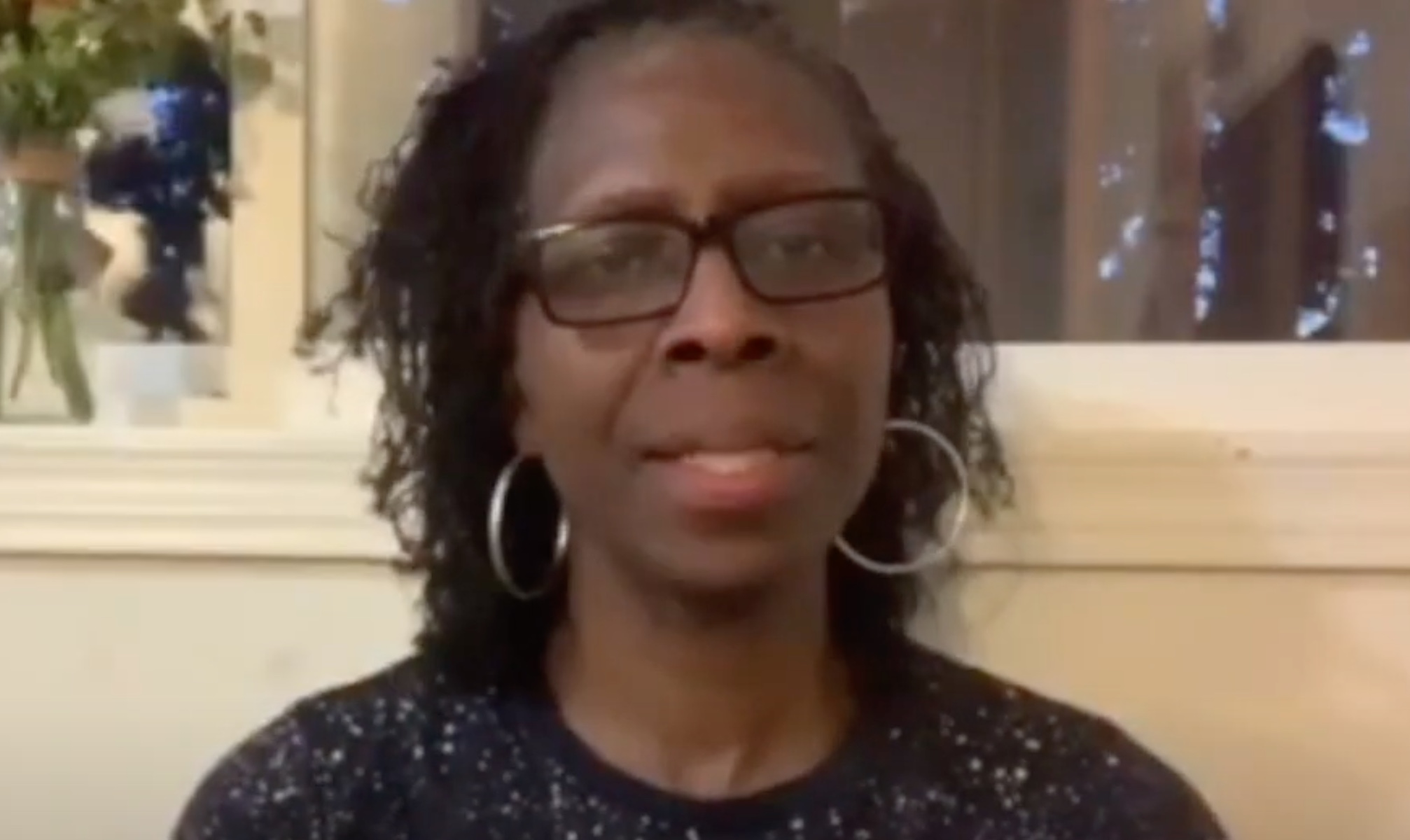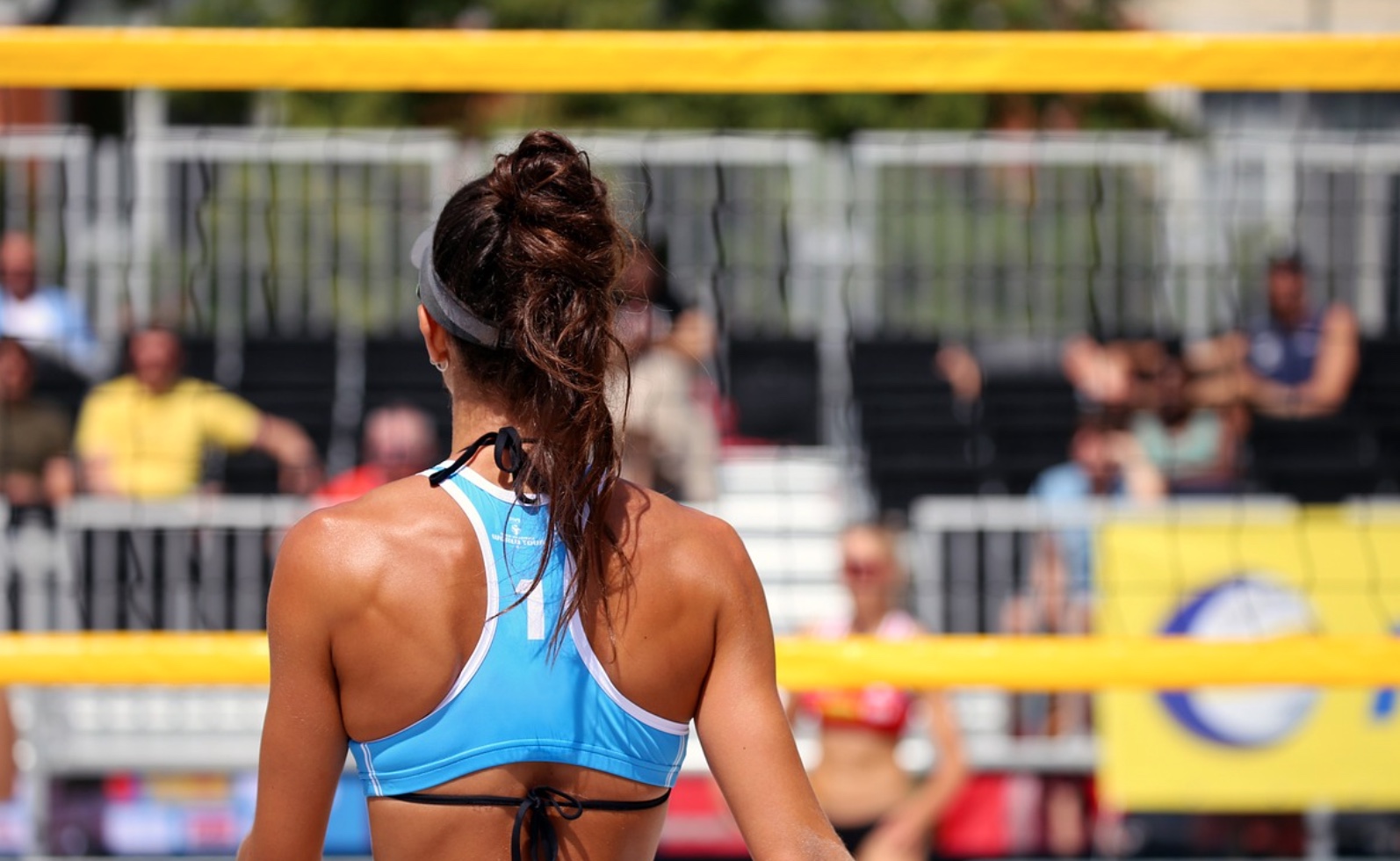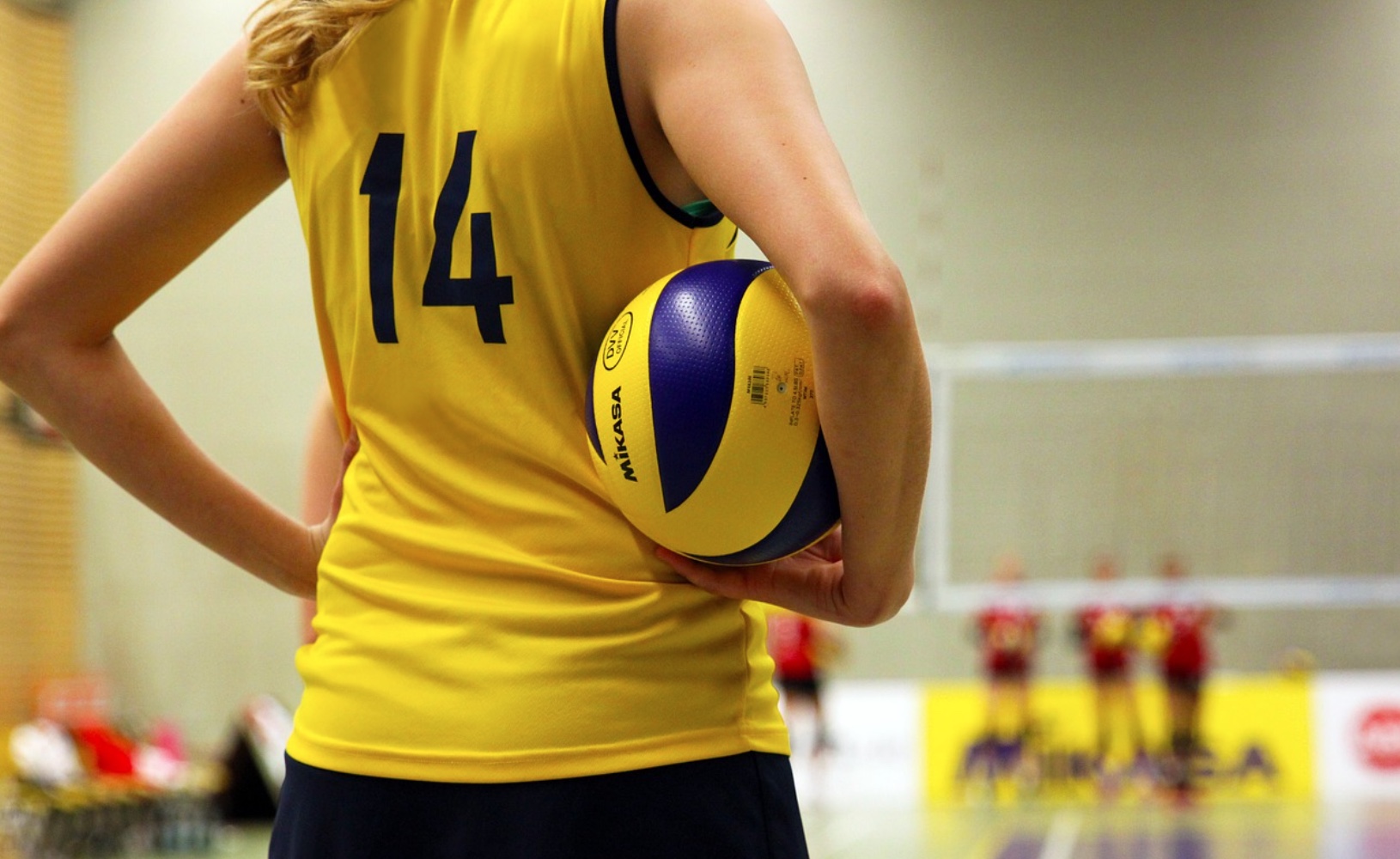Val Whiting

Youtube
Val Whiting, a retired WNBA player, strongly criticized the increasing trend of transgender athletes participating in women’s sports.
Support

Youtube
This came after Dawn Staley, the head coach of South Carolina Gamecocks, expressed her support for the idea before a national championship game.
National champion

Youtube
Whiting, a two-time national champion from Stanford, used social media to express her disagreement with Staley, emphasizing the concerns about fairness and safety when a male transitioning to female competes in women’s sports.
Don’t belong

pixabay
“A lot of my basketball sisters feel differently but trans women do not belong in women’s sports,” Whiting wrote on X.
Not fair

pixabay
“It’s not fair nor safe for biological women. There has to be another solution for trans women to be able to compete athletically besides having them compete against biological women.”
WNBA

pixabay
Before the WNBA gained popularity, Val Whiting played in the American Basketball League and Women’s National Basketball League. Following this, she joined the Detroit Shock and the Minnesota Lynx, coinciding with the time when Dawn Staley was also active in the league.
Women’s sports

Youtube
Whiting’s firm stance on women’s sports being exclusively for women was highlighted as the National Association of Intercollegiate Athletics (NAIA) recently approved a measure to prevent males identifying as females from participating in women’s sports.
Transgender athlete ban

pixabay
The National Association of Intercollegiate Athletics (NAIA) implemented a policy to prevent transgender females from participating in women’s sports. The NAIA Council of Presidents unanimously approved this significant measure with a 20-0 vote.
Updated

pixabay
This updated regulation now applies to all competitions, replacing the previous rule that solely pertained to postseason events, as reported by CBS Sports.
Opinions

pixabay
“We know there are a lot of different opinions out there,” NAIA President Jim Carr told CBS Sports. “For us, we believed our first responsibility was to create fairness and competition in the NAIA.”
Title IX

pixabay
“We also think it aligns with the reasons Title IX was created. You’re allowed to have separate but equal opportunities for women to compete.”
Gender category

pixabay
All athletes under the jurisdiction of the NAIA are required to compete in the gender category corresponding to their birth assignment.
Transgender athletes

Youtube
Carr emphasized that transgender athletes are still permitted to engage in sports activities.
Male sports

Youtube
“It’s important to know that the male sports are open to anyone,” Carr explained.
Exhibition matches

Youtube
Furthermore, the regulation allows for transgender athletes to take part in exhibition matches and non-NAIA sanctioned events.
NCAA’s approach

pixabay
This policy stands in sharp contrast to the NCAA’s approach, where the eligibility criteria for transgender athletes are determined by the governing bodies of each sport.
College sports

pixabay
“College sports are the premier stage for women’s sports in America, and the NCAA will continue to promote Title IX, make unprecedented investments in women’s sports, and ensure fair competition for all student-athletes in all NCAA championships,” the NCAA said in a statement.
Riley Gaines

pixabay
Riley Gaines and a coalition of former female athletes have filed a lawsuit against the NCAA, alleging a violation of their Title IX rights.
Changing facilities

pixabay
They claim that the organization compelled them to compete against and share changing facilities with a transgender athlete.
Two years

pixabay
“The task force spent nearly two years reviewing research, meeting with experts to better understand potential policy challenges, and obtaining feedback from multiple membership groups,” said Amy Novak, the chair of the Council of Presidents and President of St. Ambrose University.
NAIA

pixabay
“With this policy, the NAIA has made its best effort to allow for the inclusion of transgender athletes in any way that does not impact the competitive fairness of women’s sports.”
Protect

pixabay
“Our priority is to protect the integrity of women’s athletics and allow them equal opportunity to succeed.”
Survey

pixabay
Before the vote, a survey was conducted where 58 out of the 67 university presidents and chancellors who participated indicated their backing for the proposed rule modification.


Evelyn-R
July 13, 2024 at 2:30 am
Very interesting topic, thanks for posting.Raise range